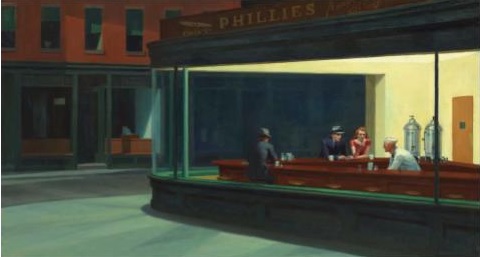Art & The City
A Symposium Sponsored by the Urban Communication Foundation in partnership with The Center for Information and Communication Studies, Fudan University and the Research Unit in Public Cultures, The University of Melbourne

“Communicative Cities” is a growing concept – an idea that was initially articulated by a varied group of communication scholars, designers, planners, lawyers, and architects in a series of meetings that focused on the extraordinary growth of the urban landscape in the past several decades. Cees Hamelink (University of Amsterdam), one of the originators of the “Communicative City” concept, has argued that the right to a communicative city is a human right. The view was further articulated in 2008 and 2013 with the publication of two issues of the International Communication Gazette.
Subsequent meetings were held in Shanghai, Melbourne, Washington, Leeds, Amsterdam, Bologna, and Paris – all seeking to understand, articulate, and change (when necessary) the current and future reconfiguration of community in urban life.
Cities are inherently place of communication – the results of communication, they communicate to us, between themselves, and provide the environment(s) for communication.
Over the past fifteen the Urban Communication Foundation has been a leader in this endeavour and has sought to redefine its relevancy in relation to our individual communication associations around the world. However, we believe that the obligations of membership, the sizes of these associations, their variegated but sometimes narrow interest groups, has produced uneven results in connecting the membership, the emergent issues and some degree of activism – beyond the 15 minutes of fame experienced at association conventions. It is an opportune moment to reassess and rethink.
Over the same period, it is evident that interest in the topic has grown, and there are now active research clusters across many continents. At a meeting in Melbourne in 2018, Prof. Huang Dan from Fudan University proposed the establishment of a Communicative Cities Research Network to provide a forum for international scholars and researchers working in this space. In the Chicago meeting we would like to further the discussion of how such a confederation of scholars/organizations might be linked by their mutual and vested interests in understanding and simultaneously affecting changes in the urban landscape. In particular, what actions might a loose partnership of interested academics undertake in conjunction with others such as designers, architects, artists, journalists and policy makers in their order to impact and affect change.